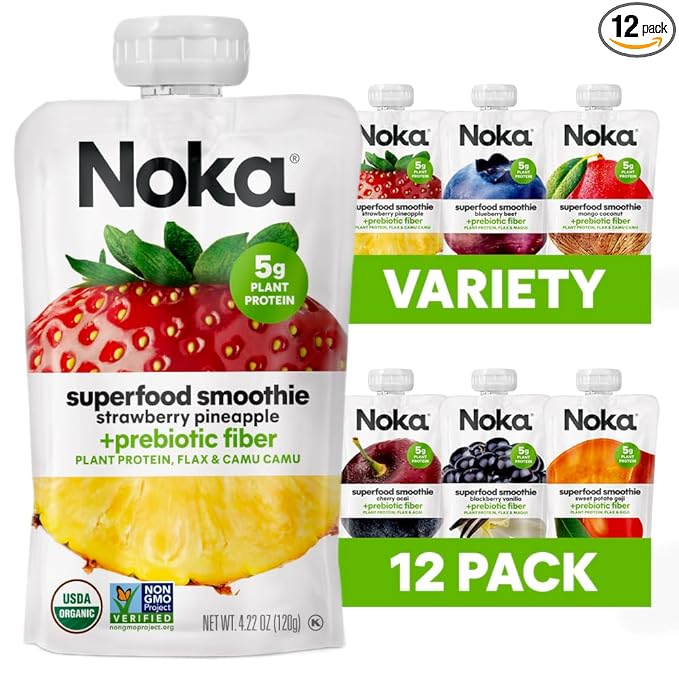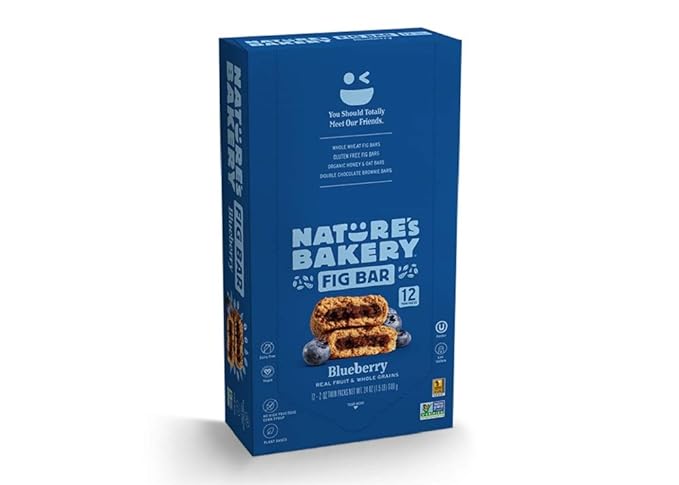Introduction
Explanation of the ketogenic diet: The ketogenic diet is a low-carb, high-fat diet that aims to change the body's primary source of energy from carbohydrates to fat. By significantly reducing carbohydrate intake and increasing fat intake, the body enters a state of ketosis in which it burns fat for fuel instead of glucose. This leads to weight loss and various other health benefits such as improved insulin sensitivity and decreased inflammation.
Importance of breakfast in a ketogenic diet: Breakfast is often referred to as the most important meal of the day and it is even more crucial in a ketogenic diet. Eating a balanced breakfast that is high in healthy fats, moderate in protein, and low in carbohydrates can help to keep you feeling satisfied and energized throughout the morning. A nutritious breakfast can also help to regulate blood sugar levels and provide essential nutrients for optimal health.
Purpose of the guide: The purpose of this guide is to provide helpful tips and delicious ketogenic breakfast ideas to individuals who are following the ketogenic diet. The guide will provide information on the basics of a ketogenic breakfast, including the importance of low-carbohydrates and high-fat intake, and provide tips for making a successful ketogenic breakfast. Additionally, the guide will highlight keto-friendly ingredients and provide various delicious and nutritious ketogenic breakfast recipes for individuals to try.

Understanding the Basics of a Keto Breakfast
Explanation of low-carbohydrates: In a ketogenic diet, carbohydrates are restricted to a minimum to induce the state of ketosis. This means that the primary source of energy for the body shifts from carbohydrates to fat. It is recommended to consume no more than 20-50 grams of carbohydrates per day, depending on individual goals and needs. A ketogenic breakfast should therefore be low in carbohydrates, with the majority of the meal consisting of healthy fats and moderate amounts of protein.
Explanation of high-fat intake: In a ketogenic diet, fat intake should be significantly increased to compensate for the reduction in carbohydrates. Healthy sources of fat, such as avocado, olive oil, nuts, and seeds, should be incorporated into the diet to provide energy and essential fatty acids. A ketogenic breakfast should consist of at least 70% of calories from fat to maintain the state of ketosis and provide adequate energy.
Importance of protein in a ketogenic breakfast: Protein is an essential macronutrient that provides the building blocks for the growth and repair of tissues in the body. In a ketogenic diet, protein intake should be moderate and should not exceed the daily recommended amounts, as excess protein can be converted into glucose and interfere with the state of ketosis. A balanced ketogenic breakfast should include moderate amounts of protein to provide essential nutrients and help keep you feeling full and satisfied throughout the morning.

Delicious Keto Breakfast Recipes
Avocado and egg breakfast bowl: This simple and satisfying breakfast dish consists of a halved avocado filled with a soft-boiled or fried egg. The healthy fats from the avocado and egg provide a satisfying and filling meal, while the combination of textures and flavors make it an enjoyable and delicious option.
Chia seed pudding with almond milk: Chia seeds are a great source of healthy fats, fiber, and protein, making them a perfect ingredient for a ketogenic breakfast. To make chia seed pudding, simply mix chia seeds with almond milk, your sweetener of choice, and any desired spices or flavorings. Let the mixture sit in the refrigerator overnight and enjoy a delicious and nutritious pudding in the morning.
Bacon and egg muffins: These portable and convenient muffins are made with a combination of eggs, bacon, cheese, and any desired spices or vegetables. Simply mix the ingredients together, pour into muffin tins, and bake until set. These muffins make a great grab-and-go breakfast option for busy mornings.
Keto smoothie with almond milk, berries, and nut butter: This delicious and nutritious smoothie is made with almond milk, frozen berries, nut butter, and a sweetener of choice. The combination of healthy fats from the nut butter and the protein from the almond milk makes for a satisfying and filling breakfast option. Adding berries provides antioxidants and flavor, making this a tasty and nutritious way to start the day.

Keto-Friendly Ingredients for a Low-Carb Breakfast
Almond flour: Almond flour is a low-carb and gluten-free alternative to traditional wheat flour. It is high in healthy fats, fiber, and protein, making it a great ingredient for a ketogenic breakfast. Almond flour can be used in various baked goods, such as pancakes, muffins, and bread, to create delicious low-carb breakfast options.
Coconut flour: Coconut flour is another low-carb and gluten-free alternative to traditional wheat flour. It is high in fiber and healthy fats, making it a great option for a ketogenic breakfast. Coconut flour can be used in a variety of baked goods, such as pancakes, muffins, and bread, as well as in smoothies and pudding.
Coconut oil: Coconut oil is a healthy and versatile fat that is ideal for a ketogenic diet. It is high in medium-chain triglycerides (MCTs), which are a type of fat that the body can quickly convert into ketones for energy. Coconut oil can be used for cooking, and baking, or added to smoothies and other dishes for added flavor and healthy fat.
Avocado: Avocado is a versatile and delicious fruit that is high in healthy fats and fiber. It is a great ingredient for a ketogenic breakfast, as it can be used in various dishes such as avocado toast, and guacamole, or as a topping for eggs. Avocado is also a great addition to smoothies, providing creaminess and healthy fat.

Tips for Making a Successful Keto Breakfast
Meal prepping for the week: Meal prepping is a great way to ensure a successful ketogenic breakfast, as it helps to eliminate the stress and time constraints of making breakfast each morning. By prepping ingredients and meals in advance, you can have a delicious and nutritious breakfast ready to go every day.
Experimenting with different flavors and ingredients: The ketogenic diet does not have to be boring or restrictive. Explore different avenues regarding various fixings and flavor mixes to find what turns out best for you. Try new recipes, spices, and seasonings to find your favorite ketogenic breakfast options.
Keeping it simple with easy-to-prepare options: While some ketogenic breakfast options may be more elaborate, it is important to find what works best for you and your lifestyle. Keeping it simple with easy-to-prepare options, such as a hard-boiled egg and avocado, can be just as satisfying and nutritious as a more complex recipe.
Staying hydrated with water or electrolyte-rich drinks: Staying hydrated is important for overall health and is especially important on a ketogenic diet, where the body may be in a state of dehydration due to the increased elimination of water-soluble carbohydrates. Drinking water or electrolyte-rich drinks, such as coconut water or bone broth, can help to maintain hydration levels and support the body's natural processes.

Conclusion
The benefits of a ketogenic breakfast include increased energy levels and mental clarity, improved weight management, better blood sugar control, and reduction in inflammation. Additionally, eating a high-fat, low-carb breakfast can help keep you full and satisfied until lunchtime, reducing the temptation to snack on unhealthy foods.
In conclusion, incorporating a ketogenic breakfast into your daily routine can have many positive effects on your health and well-being. Don't be afraid to get creative with your meals and try new ingredients, such as avocado, eggs, nuts, and low-carb vegetables. By doing so, you can discover new tastes and flavors while staying on track with your health goals. Remember, the key to success with a ketogenic diet is to choose nutrient-dense, whole foods that are low in carbohydrates and high in healthy fats.






